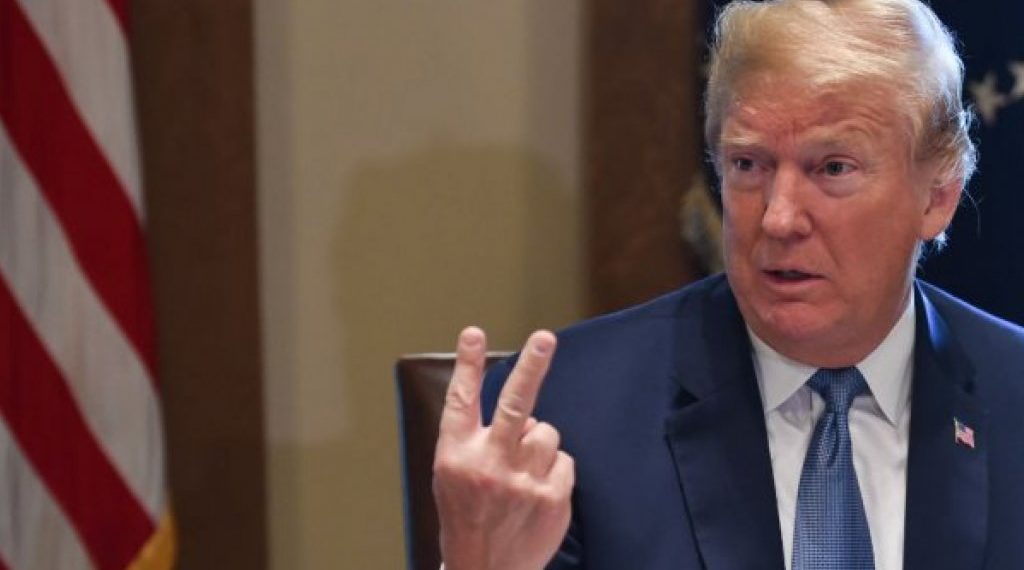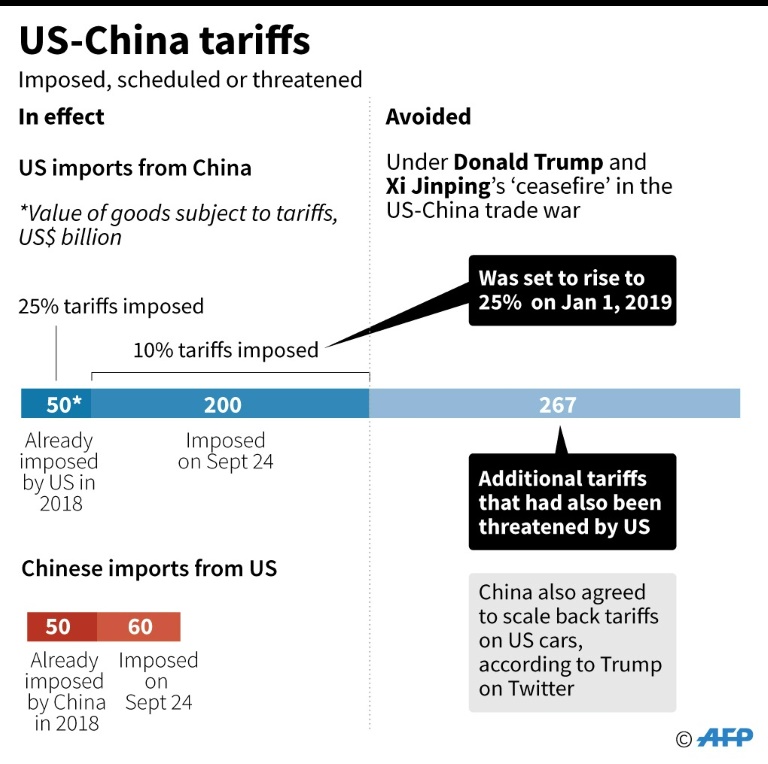President Donald J. Trump recently threatened to slap a 25 percent tariff on European car imports, aiming to punish the E.U. for what Trump claims are “very tough” restrictions on U.S. goods. Trump’s threat is just the latest step backward in a U.S.-E.U. trade relationship that has been worsening for several years. The fear now is that Trump’s aggressive approach risks extending the trade war.
What’s at Issue?
There are three main areas of disagreement, starting with Trump’s controversial steel and aluminum tariffs.
Under Section 232 of U.S. trade law, the White House claims that metal imports are a threat to national security. In the summer of 2018, Trump raised duties on steel and aluminum by 25 and 10 percent, respectively. While the E.U. was temporarily exempt, tariffs were extended to Europe on June 1.
….I am a Tariff Man. When people or countries come in to raid the great wealth of our Nation, I want them to pay for the privilege of doing so. It will always be the best way to max out our economic power. We are right now taking in $billions in Tariffs. MAKE AMERICA RICH AGAIN
— Donald J. Trump (@realDonaldTrump) December 4, 2018
Europe has not sat idly by. It immediately filed a formal complaint at the World Trade Organization and, not content to wait for the legal process to unfold, the E.U. implemented retaliatory measures of its own. These measures targeted $4 billion worth of U.S. goods. Most famously, this included Harley Davidson motorcycles, which announced it would move production overseas to avoid increasing costs.
Second, there’s the debate over cars. Recent history shows that the automotive sector is uniquely important to U.S. trade policy. Greater access for Detroit automakers was a major sticking point in America’s negotiations with South Korea, and Trump heralded new car manufacturing rules as the primary victory won during NAFTA renegotiations.
Cars are equally important to the U.S.-E.U. trade relationship. The U.S. is the single largest importer of cars in the world, and the E.U. is the main supplier.
The trouble is the large imbalance in the relationship. In 2018, U.S. car imports from the E.U. outpaced exports 5 to 1. For Trump, this is a policy problem. Current U.S. tariffs on cars from the E.U. are 2.5 percent. But U.S. automakers face a 10 percent duty when shipping in the other direction. As a result, Trump wants Europe to open up to more American cars.
Third, the U.S. and E.U. have a longstanding disagreement over agricultural products. Sections of the E.U. market vehemently oppose what they perceive to be lax U.S. food standards. Certain animal feeds, GMOs, and pesticides are heavily regulated – or entirely prohibited – under E.U. regulations.
The E.U. argues that these standards protect the health and safety of their consumers. The U.S. argues that restrictions are thinly veiled trade discrimination and has previously requested that E.U. members significantly roll back agricultural regulations in any formal trade deal.
Can Disagreements be Resolved?
Cars dominate the headlines, but that disagreement might be the easiest to resolve. The E.U. already offered to eliminate car tariffs entirely last summer if the U.S. extended the same concession. Trump rejected this offer last fall, saying that it was “not good enough.” However, the E.U. has at least shown a willingness to bargain.
Securing concessions from the E.U. on agriculture may be much trickier. For one thing, both the U.S. and the E.U. are notoriously unwilling to liberalize agricultural trade. Both markets spend billions on farm subsidies and apply higher tariffs on food products, on average, than industrial goods.
Food safety issues are making matters more complex. During negotiations of the Transatlantic Trade and Investment Partnership – the agreement that would have joined the US and EU together in the world’s largest bilateral trade deal – E.U. officials were widely criticized for giving ground on regulations that protect food safety.
In face of public pressure, Europe’s leaders will have to decide how much ground to give this time around. There are good reasons for the E.U. to not back down, but it will mean a costly fight.
Quite apart from steel or cars or food, there is one additional reason we could be in for another round of tariff hikes: China.
If Trump secures anything close to a good deal, it will likely make him less willing to compromise with other trade partners. As Trump famously put it, he already believes that trade wars are “easy to win.” If Beijing grants meaningful concessions, it may fuel Trump’s conviction that aggressive unilateralism is the best way to advance America’s interests.
That would be the wrong lesson for Trump to learn from the U.S.-China trade war, which has already generated significant costs for the U.S. economy. He should avoid taking the fight across another ocean.
Disclaimer: The views and opinions expressed here are those of the author and do not necessarily reflect the editorial position of The Globe Post.






















